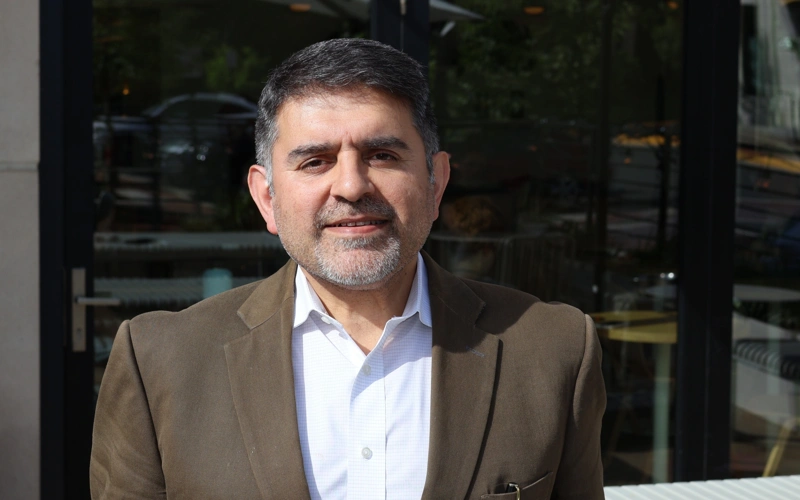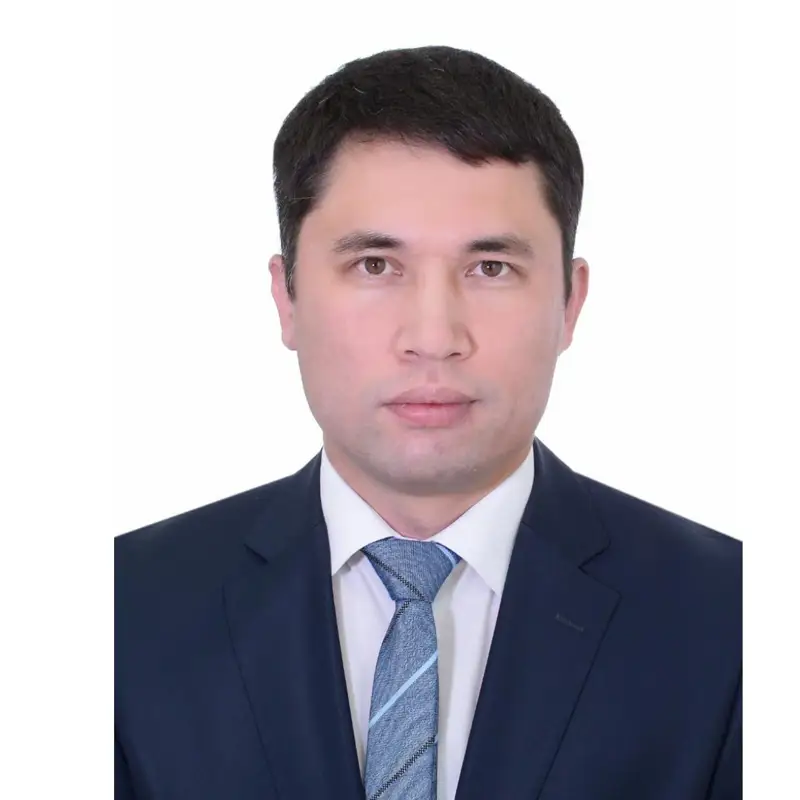The United States will conclude deals with Kazakhstan and Uzbekistan on critical minerals - expert
The repeal of the Jackson–Vanik amendment is only a matter of time, and the 25% tariff will become a subject of discussion as negotiations between Kazakhstan and the United States progress, said Kamran Bokhari, Senior Director of the Eurasian Security and Prosperity Portfolio at the New Lines Institute for Strategy and Policy in Washington, D.C., in an interview with a Kazinform News Agency correspondent.

- The last C5+1 meeting was held in New York two years ago. What has changed in U.S. policy towards the Central Asian region since then? What do you expect from the upcoming C5+1 meeting?
A great deal has changed since the 2023 C5+1 meeting. We have a new administration in Washington, which has been rolling out a new U.S. geostrategy to manage global affairs. According to this approach, Washington expects regional allies - rather than the United States itself - to assume primary responsibility for maintaining security and stability in their respective strategic environments.
The broader intent is to scale back America’s role as the principal land-based security guarantor while focusing more on maritime, technological, and strategic deterrence. Russia's overall position in Eurasia has weakened, while China has been forced to reach an accommodation with the United States. This has created new openings for the Central Asian nations to engage more actively with the West.
- Kazakhstan recently signed a $4 billion deal with the United States for the production of locomotives. Uzbekistan reached an $8 billion agreement to purchase aircraft. Do you think there will be more major deals between the U.S. and Central Asia? Which areas do you think the United States is most interested in?
I do foresee additional deals, especially after the agreement in the South Caucasus involving the Trump Route, which has unlocked a critical chokepoint in the region and will enable greater east-west Trans-Caspian trade through the Middle Corridor. This makes relations with the Central Asian nations even more strategic.
In addition, now that the Trump administration has made reducing dependency on China for rare earth elements a major priority for the next two years, we will see critical minerals deals with Kazakhstan and Uzbekistan. Note that Deputy Secretary of State Chris Landau and Special Envoy Sergio Gor visited both countries last week to advance discussions on this issue.
- We know about the Jackson-Vanik amendment and the 25% tariff in relation to Kazakhstan. What impact do these measures have on the development of economic ties between the United States and Kazakhstan? Are there any signs that the U.S. may lift the amendment and tariff against Kazakhstan and other Central Asian countries? What conditions would be necessary for this?
The repeal of the Jackson-Vanik amendment is only a matter of time. As for the 25% tariffs, I think they are likely to become a subject of negotiation as talks advance.
- Could you offer expert recommendations or advice for the governments of the United States and Central Asia on how to further develop and strengthen bilateral ties?
The United States and its allies and partners in Central Asia should capitalize on the current geopolitical window of opportunity to transform the C5+1 framework into a truly strategic partnership - one that allows the nations of the region to achieve greater connectivity with the West and the broader international community.
Earlier, it was reported that American businesses still find it difficult to understand how to start trading with Kazakhstan.
